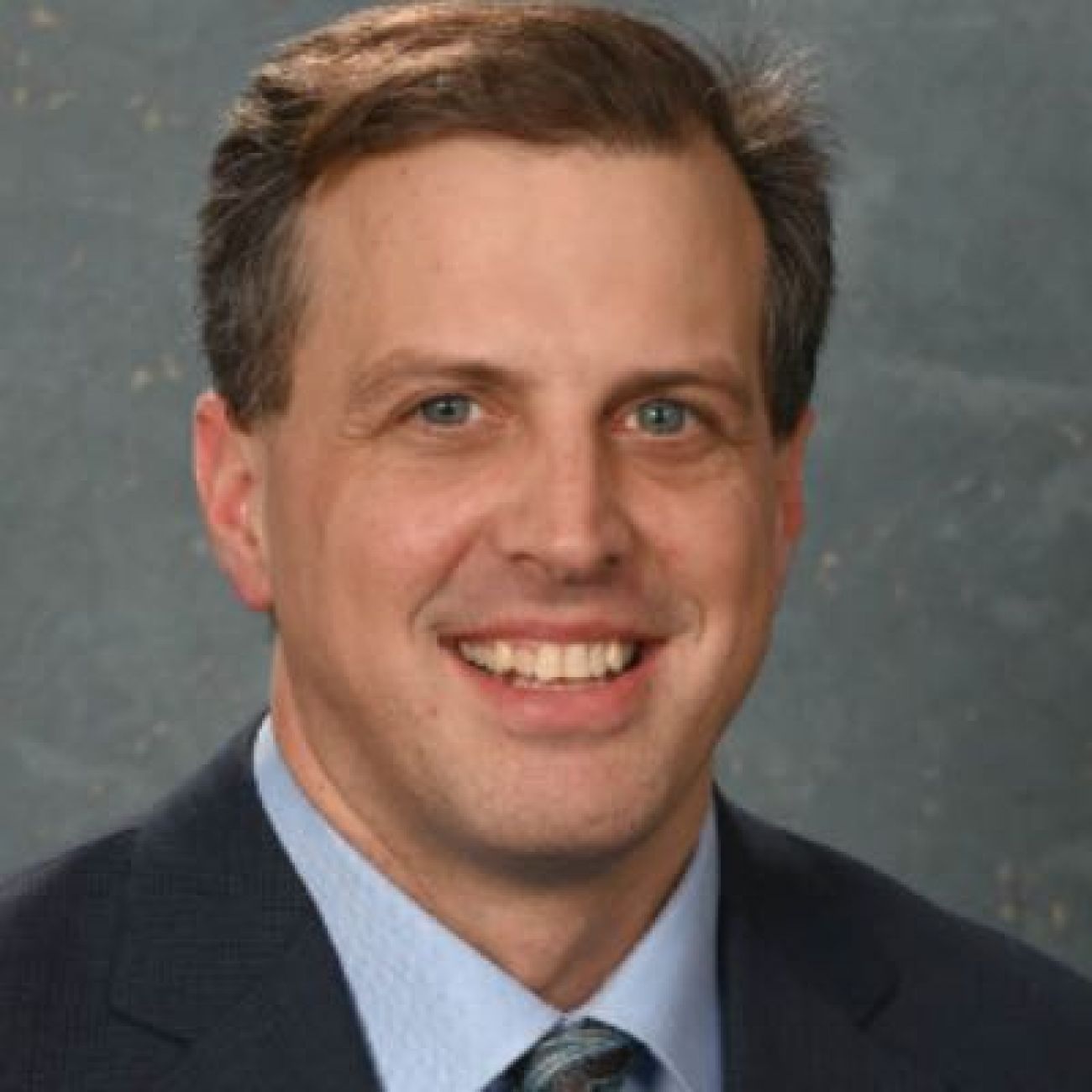Opinion | After green ooze, it’s time to get serious about 'polluter pay'

By now, most of us have seen or have heard about the “green ooze” spilling onto Interstate 696. Thank goodness the ooze was photogenic: a fluorescent green, reminiscent of the "mutagen" that transformed the Teenage Mutant Ninja Turtles into the popular cartoon characters named for Renaissance artists.
But there's nothing comical about this ooze. It's loaded with pollutants, especially hexavalent chromium, a toxic, cancerous chemical.
Since the incident on I-696, we have learned that, for 20 years, state and local authorities routinely cited Electro-Plating Services (EPS), the company responsible for the green ooze, for improperly and illegally storing chemicals. The people entrusted to protect our water and our health have known about this environmental scofflaw for years, but they were powerless to stop the damage and bring EPS to justice earlier because of our weak environmental laws.
- Related: Michigan’s ‘green ooze’ may be ‘tip of iceberg’ of state’s toxic sites
- Related: Green ooze on Michigan freeway prompts calls for tougher polluter pay laws
There was a time when Michigan had the strongest environmental protections in the country. In 1990, the Legislature put a strict “polluter pay” policy in place that imposed strict liability on those who dumped, released or discharged toxic chemicals into our air, water and soil. That all changed in 1995 when the Legislature, with support from Gov. John Engler and corporate lobbyists, weakened the “polluter pay” law. They made changes that allow polluters to leave more of their pollution in the ground or in the groundwater, especially in cases where exposure could be limited by restricting access or with physical barriers. But this ignores the complexity of how these chemicals move underground and how they affect our health as well as the fact that our water is owned by the people, not the polluters.
In some cases, the weakened law requires environmental regulators to adopt "prohibition zones" that prevent future use of the polluted land or water. The rationale 25 years ago was that if the chemicals aren't causing cancer in people now, we won't require a more complete cleanup. This is the case in my own community. Decades ago, Gelman Sciences — now owned by Danaher Corp.— released at least 800,000 pounds of 1,4 dioxane into aquifers, which has since spread through the groundwater under Ann Arbor. Rather than a robust cleanup, we have an ever-expanding prohibition zone where well water cannot be used. Meanwhile, the contamination continues spreading toward the Huron River, Ann Arbor’s municipal water source. Under the current law, if the contaminated groundwater hasn’t impacted drinking water yet, a real cleanup isn’t required. This same approach is what caused regulators to allow the green ooze to remain unaddressed.
We can’t keep putting our heads in the sand and leaving these problems to bubble up later. That’s why, early last year, I joined with my colleague Rep. Yousef Rabhi to introduce legislation that would reinstate a strong "polluter pay" law. SB 116 and House Bill 4212 propose requiring polluters to clean up their contamination to a higher standard. According to our bills, the Department of Environment, Great Lakes, and Energy (EGLE) would be charged with requiring every polluter to clean up any harmful releases to the extent practicable.
Allowing polluters to focus only on limiting current exposure to the contamination allows them to walk away, leaving pollution behind for future generations. Often, like in this case with the green ooze, by the time the public finds out how bad it is, the people responsible are bankrupted or departed. We need a law that gives EGLE better tools to hold polluters accountable so that more polluted sites are properly cleaned up and so that every company gets serious about protecting their neighbors' health and Michigan’s water. I’m eager to work with my colleagues and Gov. Gretchen Whitmer on “polluter pay” and other legislation to protect Michigan’s water.
See what new members are saying about why they donated to Bridge Michigan:
- “In order for this information to be accurate and unbiased it must be underwritten by its readers, not by special interests.” - Larry S.
- “Not many other media sources report on the topics Bridge does.” - Susan B.
- “Your journalism is outstanding and rare these days.” - Mark S.
If you want to ensure the future of nonpartisan, nonprofit Michigan journalism, please become a member today. You, too, will be asked why you donated and maybe we'll feature your quote next time!




